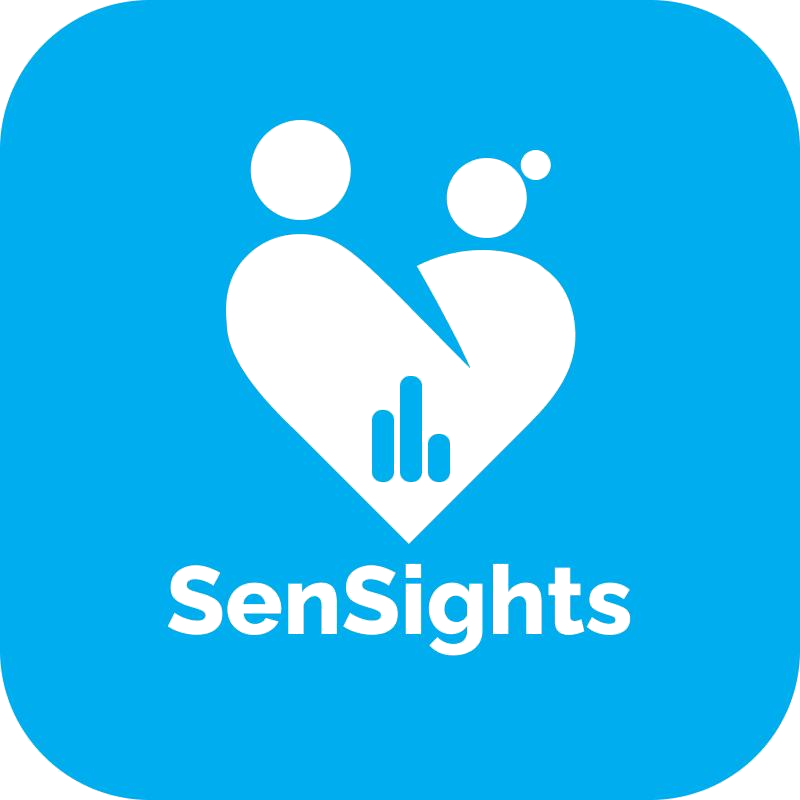There are approximately 5.5 million people living with Alzheimer’s in the United States. In Canada, there are nearly 750,000 people with Alzheimer’s. The debilitating disease is more common than many believe and there are now new Alzheimer’s guidelines in place for 2018.
[sc name=”Blog Post CTA”]
Did you know that Alzheimer’s is in the top ten mortality statistics? In fact, it is the third leading cause of death among the elderly, and there is no cure or treatment.
Alzheimer’s Disease Goes Undetected
The very nature of the disease makes an accurate diagnosis challenging for doctors. The disease can often go undetected for years. The new 2018 Alzheimer’s guidelines by the National Institute on Aging (NIA) and the Alzheimer’s Association to potentially get a more accurate picture of the disease and diagnosis.
New Alzheimer’s Guidelines and Dementia Diagnosis
Up until the new 2018 Alzheimer’s guidelines, doctors would use a number of clinical measures to diagnose dementia. These evaluation measures include a neurological exam, blood work, individual signs and symptoms, and PET scans.
These tests are good, but it often would lead doctors to a variety of diagnoses and treatment plans. The new guidelines aim to narrow in the diagnoses and increase the quality of patient care.
New Year, New Alzheimer’s Guidelines
The new Alzheimer’s guidelines aim at three different stages to make new dementia and diagnoses. Based on a set of biomarkers the new guidelines may have more success. These guidelines are:
- Preclinical: Those experiencing preclinical Alzheimer’s have no symptoms, however, they are exhibiting brain changes. These can be seen via biomarkers like blood or cerebrospinal fluid and can be noted up to 20 years before symptoms begin.
- Mild Cognitive Impairment (MCI): This stage is when people begin showing very slight signs of the disease via cognitive impairment. The symptoms are not debilitating yet and do not have a daily life impact.
- Dementia: This is the third stage of the new Alzheimer’s guidelines. Those in this stage have very noticeable dementia symptoms. These symptoms affect their daily life in negative ways.
What’s Next?
The new guidelines are just the first step in obtaining more accurate Alzheimer’s diagnoses, as well as dementia. If you have a family member that may be in one of these stages, it is best to discuss the best course of action with a doctor.
If your loved one is diagnosed with Alzheimer’s or dementia, according to the new guidelines, you can take action this New Year. Preparing a life with a loved one with cognitive issues is challenging, but not impossible.
[sc name=”Blog Post CTA”]
You can give the gift of staying together with your loved one with a GPS tracking smartwatch that has SOS calling, scheduling, geo-fencing, and more. The Caregiver Watch is the perfect way to stay together 24/7.
